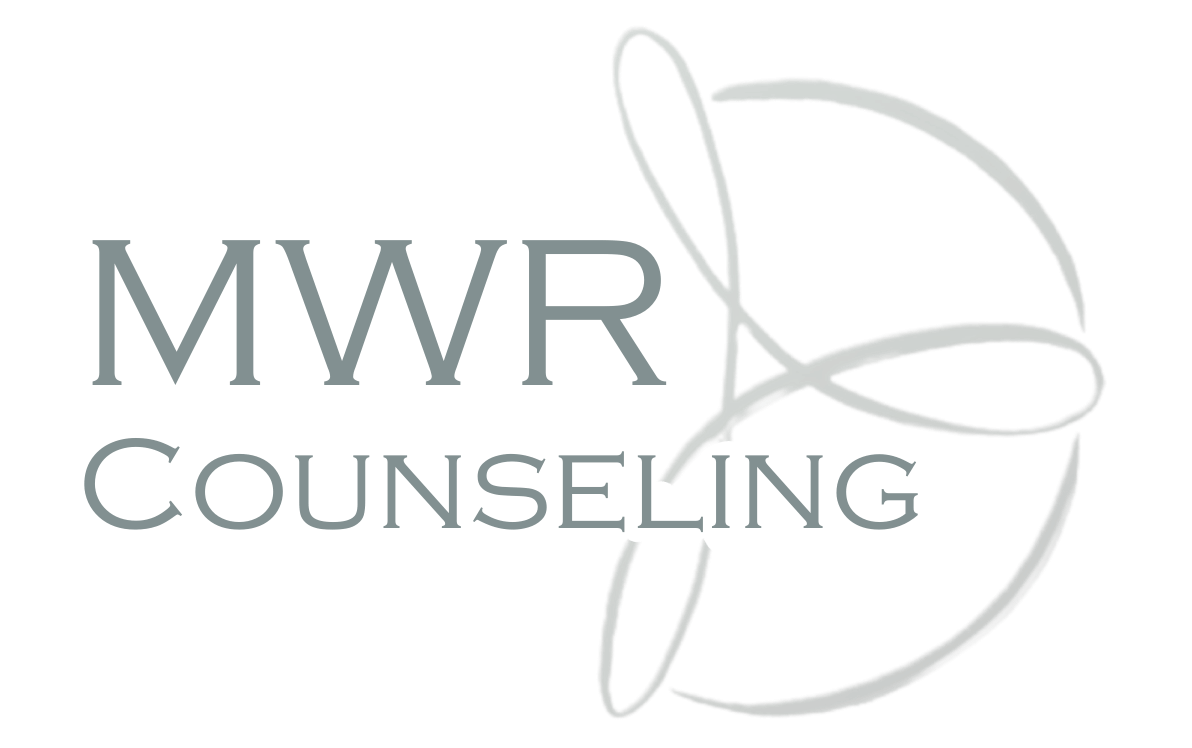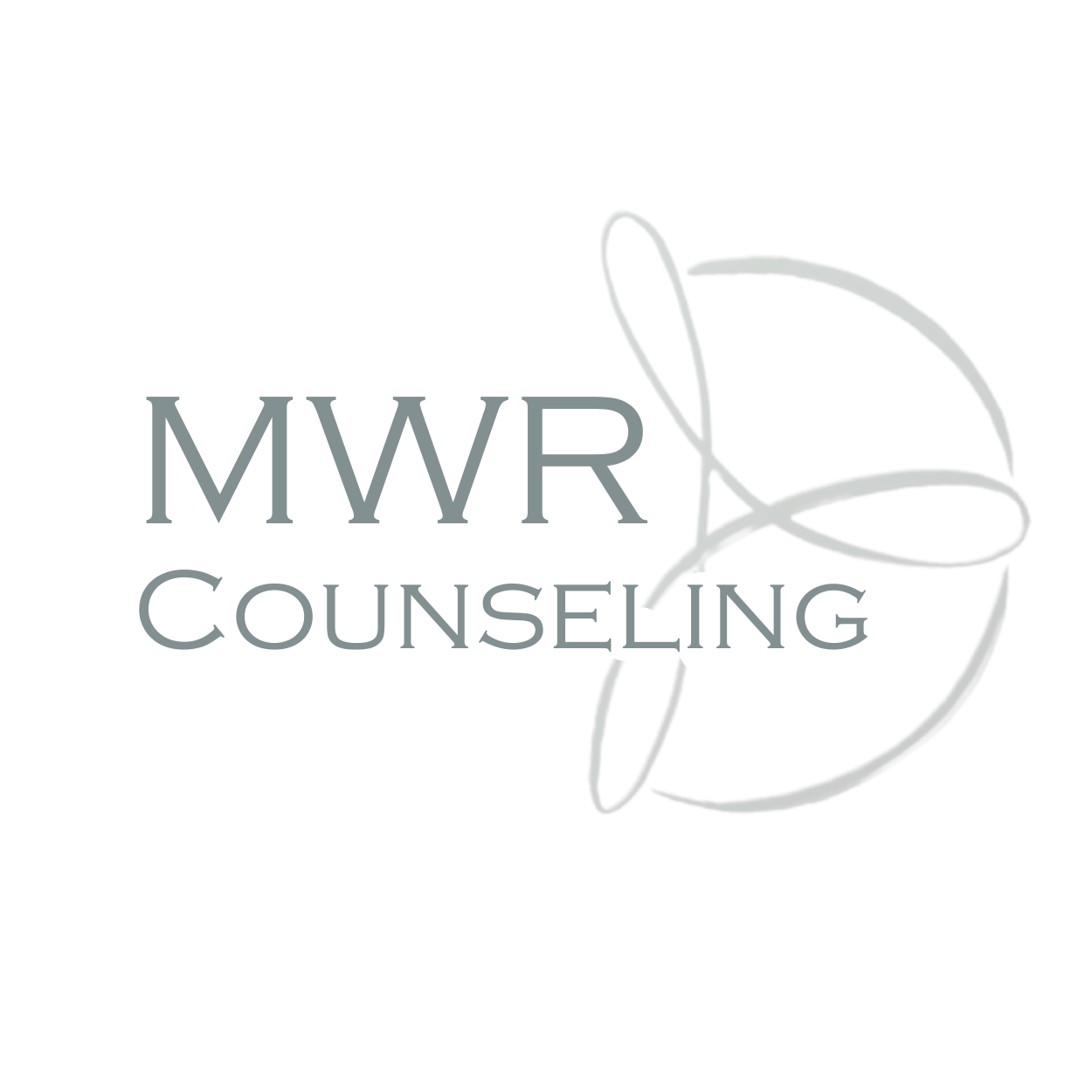EMDR
Your head and your heart. Every day they work together to interpret the world around you and help you make decisions. Unfortunately, they do not always see eye to eye, and that can cause you to think things like:
- I know it wasn’t my fault, but I still feel so guilty.
- I know it’s for the best, so why am I so sad about it?
- Everyone says I’m great at this, but I just don’t believe them.
If you’ve ever found yourself stuck between what your head tells you and what your heart tells you, then you know that it can make life pretty tough. This situation is at the core of anxious and depressive symptoms for many people. It can cause you to continually relive specific experiences in your life, doubt yourself, and make it difficult to live the kind of life you want to live.
So what can you do about it? Enter Eye Movement Desensitization and Reprocessing (EMDR). EMDR works by helping to reprocess the information in your brain to help you get “unstuck.” Essentially, the things you know to be true in your head will start to feel true in your heart too.
What is EMDR?
EMDR is an integrative psychotherapy approach which has been proven effective for the treatment of trauma, and has been found to effectively treat a wide range of concerns – anxiety, depression, intrusive thoughts, and more. EMDR uses bilateral stimulation – rhythmic stimulus from left to right – to help you process through the memories and experiences that are contributing to these symptoms.
EMDR services at MWR Counseling are provided by Kristin Cannon, Erin Thiemann, Jenna Wagemester, Laura Crow, Shannon Wilson, and Molly Martin. If you are interested in scheduling a session, or in learning more about whether EMDR would be right for you, please call our office at 319-250-1267.
EMDR FAQS:
What does EMDR treat?
EMDR was initially designed to address traumatic experiences, and much of the research that has been conducted regarding the effectiveness of EMDR has been on its use in addressing trauma.
EMDR has also been found to effectively treat anxiety, depression, phobias, grief, distressing memories, stress, and adverse childhood experiences.
Is EMDR only for people who have experienced trauma?
No! Although it was initially created to treat traumatic experiences, EMDR works because it targets the core beliefs that keep us stuck in certain thoughts and patterns of behavior. That means that regardless of your life experiences, EMDR may be able to help you achieve progress.
How long does it take?
EMDR is often effective in decreasing distress and improving adaptive thinking and coping with as few as 3-12 sessions. Each session is held for 45-60 minutes.
It is recommended that these sessions are held consistently, ideally every week. If this does not work for your schedule, make sure to talk with your provider about other options.
Will my insurance cover it?
There is no additional cost for EMDR therapy. It is typically covered as any other form of therapeutic treatment under your insurance. See your specific insurance carrier and plan for details about your coverage.
What does a typical EMDR session look like?
EMDR consists of 8 separate phases, so your sessions will vary dependent on which phase you are in.
EMDR therapy will begin with preparation work, called resourcing. During these sessions your therapist will work with you to practice calming skills, breathing, and visualization in preparation for bilateral stimulation.
You will explore experiences throughout your life in which you have experienced emotions and beliefs similar to the situation you’d like to spend time addressing. You will then select a specific situation you’d like to address. You will process through this situation while your provider uses bilateral stimulation, such as eye movements or tapping your knees. Most of this processing occurs within your mind, so you will not necessarily need to verbally share details of these memories.
How do I know if EMDR is right for me?
Call 319-250-1267 to make an appointment with one of our EMDR providers. They will spend some time learning about what you are looking to change and can determine if continued sessions using EMDR could be helpful.
You can learn more about EMDR therapy here or by watching this brief video Introduction to EMDR Therapy




